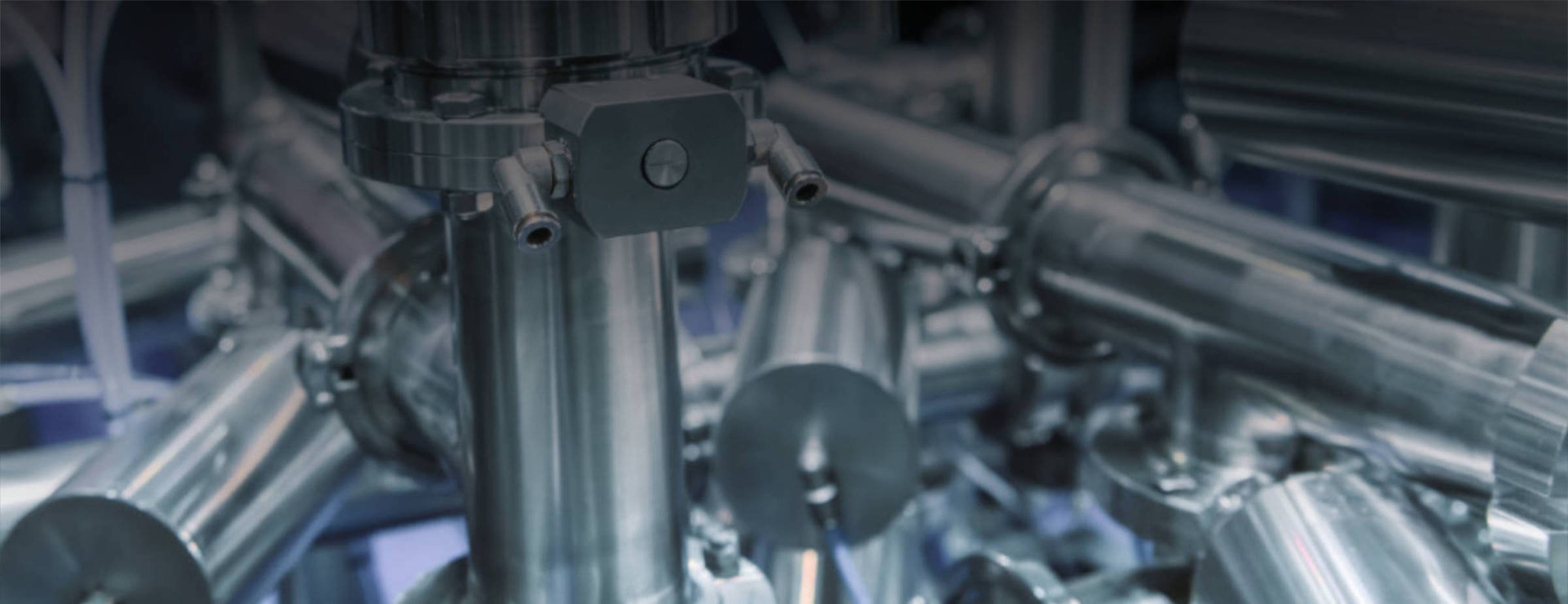
Could insect proteins be the next pet food?
07-10-2019
Believe it or not, more and more pet owners are urged by veterinaries to feed their pets a diet rich in insect-based proteins. According to the BVA (British Veterinary Association),certain types of insects may be “even better for pets than the best cut of steak”. As one would expect, there is a certain reticence from some pet owners, but recent surveys have found that more and more people are opening up to the possibility of feeding their cats or dogs with bug proteins.
The reason behind the enthusiasm of professionals is quite simple. Eating insects as food presents a lot of benefits for both pets, and the environment. Basically, bug protein-based foods present an alternative nutritional source for animal (and in some cases even human) consumption. But what are these benefits exactly?
Pet owners worried about the nutritional value of insect food will be pleasantly surprised to find that some UK companies are already selling pet food that is made up of 40% bug protein (e.g. meals obtained from black soldier fly farming). According to pet diet expert Aarti Kathrani, such products could very well meet the nutritional needs of man’s best friends.
It is also worthwhile to note that insect-based foods could provide especially useful nutrients for cats, since they need an essential amino acid called taurine, which (as you might have guessed) is also found in insects. Interestingly, such a detail could be pleasing to vegetarian owners, as cats normally gain access to taurine via meat and fish (as opposed to dogs, who are more omnivore in nature compared to their feline friends).
However, eating insects for food isn’t just a matter of preference, as it could also be the next step in fighting for a sustainable environment. Compared to cattle, pigs, or even poultry, insect farming is a procedure that requires a lot less space. According to Protix – a Dutch firm claiming to have the biggest bug farm in the world – producing foods that contain insect proteins use only 2% of the land and 4% of the water that is needed for beef-based products. The difference is astounding to say the least. According to the firm, 1 ton of insects only needs 20m2 of space and 14 days to be grown.
Not to mention that bugs don’t need any kind of fertilizer or pesticide, and produce extremely low emissions, so really, the more and more one learns about insect farming, the more it seems like the ideal agricultural solution. The larvae’s excretion also produces a fertilizer that isn’t contaminated by any plastic fragments.
Right now, the insect protein market is still in its early stages, but the higher price of insect-based pet foods also means profitable opportunities for those who are ready to enter the insect protein extraction business, even if (for now?) production volumes are lower compared to traditional sources of nutrients. One of the best solutions to process insect proteins is to use specialized machines, like the ISS AGRI, which has already met with great success among insect farming companies.